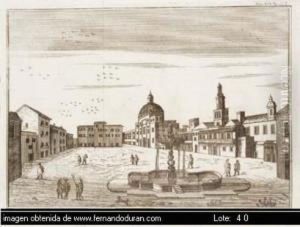Thomas Salmon Paintings
Thomas Salmon is not primarily known as an artist in the traditional sense of the term, such as a painter or sculptor, but rather as a historical figure with contributions in other fields. Born in 1679, Salmon was an English historical and geographical writer with a particular interest in the modern history and present state of countries across the world. His works contribute significantly to the understanding of geographical knowledge and international affairs of his time.
Salmon's most notable work is perhaps his 'Modern History or the Present State of All Nations', which was published in several volumes from 1725 to 1738. This extensive compilation described the geography, economy, government and contemporary history of nations around the world. His writings were not without controversy, as they sometimes included criticisms of other nations' governments and policies, which reflected the British perspectives and biases of the 18th century.
Despite the value of his historical and geographical accounts, Salmon's work should be considered with care, as his approach to the study of other cultures was very much a product of his time. He was criticized by some contemporaries for his lack of firsthand knowledge of the countries he described, as much of his writing relied on the reports of others rather than personal observation. Additionally, his works were sometimes accused of being derivative, compiling and rephrasing the accounts of other travelers and historians rather than contributing original research.
Thomas Salmon passed away in 1767, leaving behind a legacy as a writer who contributed to the spread of knowledge about world geography and history during a period when European nations were greatly expanding their horizons. His works remain as historical documents that reflect the mindset and the world view of the British intelligentsia in the early modern period.
